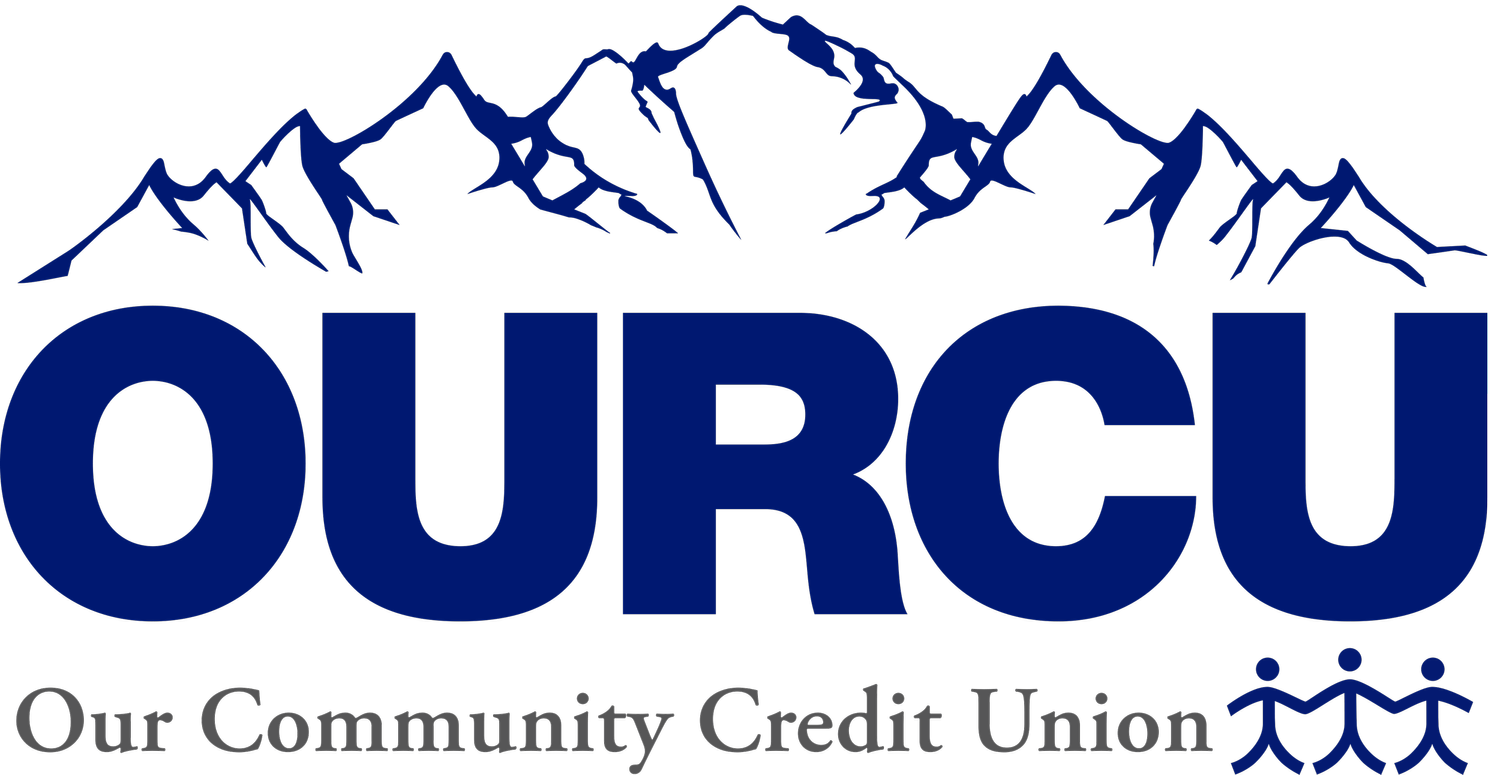Fraud: It Can Happen to Anyone: A Conversation About Falling for a Scam.
When we think about scam victims, it’s easy to imagine it happening to someone else—someone less informed, less cautious, or less tech-savvy, but the truth is, scams are designed to fool even the most careful among us. Recently someone very close to me became a victim of a financial scam. It was shocking, emotional and eye opening. In this blog post, I sat down with them to hear their story in their own words. We talked about what happened, how they realized it was a scam, and what they wish they would have known before it all started. Our goal in this experience isn’t to just reflect—it’s to help protect others. If even one person reads this and avoids a similar situation, then telling this story was worth it.
“I always thought I was careful with my money. I paid my bills on time, checked my bank account regularly, and didn’t give out personal information, but one phone call changed everything. It started with someone who was claiming to be from Social Security. They told me my phone number had been compromised and that my bank accounts would be frozen unless I acted fast. They sounded official, calm, professional, even patient when I asked questions. Looking back, I now realize they were just good at their job—their job was scamming people like me. Before I knew it, I had sent them thousands of dollars in gift cards and wire transfers. I was embarrassed, ashamed, and heartbroken. But I’ve since learned that I’m not alone, and I want to help others avoid what happened to me.”
My family said that they wished they knew what red flags to watch out for:
Urgency is a red flag – Scammers ALWAYS create a sense of panic. They say things like “Your account will be frozen in the next 30 minutes if you don’t act now”.
They asked me to stay on the phone – They told me not to hang up- not even when I went into the store to buy the gift cards, this was to keep me from thinking clearly or talking to anyone else.
Unusual payment methods – No real organization will ask for payment through gift cards, wire transfers or cryptocurrency. If someone does, it’s a scam.
They knew personal information – They had the last four digits of my social security number, but scammers can buy or steal this kind of information online.
How can you protect yourself or a loved one?
Hang up and call back: If someone claims to be from Social Security, Medicare or your bank, hang up and call the official number directly.
NEVER share personal or financial information with someone who contacts you unexpectedly.
Talk to someone you trust: If something feels off, talk to family members, friends, or your credit union.
Some advice from my family member who fell victim to this scam, they said speak up and stay aware. “It took me a while to speak up—I was embarrassed, but the truth is, scammers are skilled manipulators. They target people who are trusting, polite, and often alone and that is NOT your fault. After I was scammed, I reported my case to the FTC and worked with my credit union to protect my remaining funds. The process was hard, but it taught me an important lesson: we must talk about this, share our stories, and look out for each other.”
If you or someone you know has been targeted, you are not alone. The sooner you act the better your chances of recovering and protecting what matters most.




